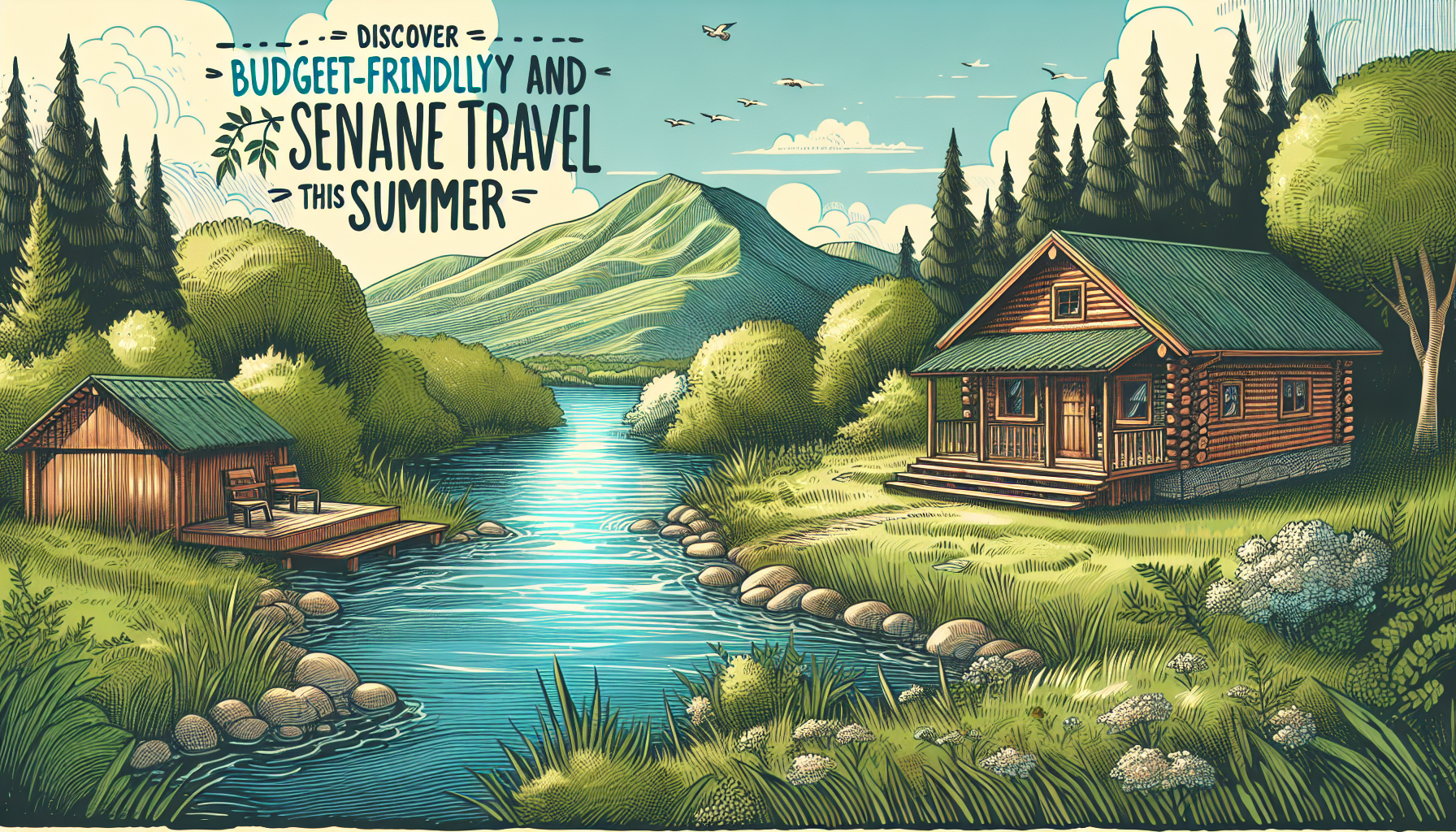
Avoiding the hustle: premier off-peak locales
Mate, if you’ve ever attempted to capture a shot at the Trevi Fountain without being surrounded by a sea of selfie sticks, you understand that traveling during peak times can be a real mess. But here’s the bright side — off-peak is where the charm unfolds. Lesser crowds, improved rates, and you may even receive a friendly grin from the locals rather than an annoyed huff.
To start, consider Portugal’s Algarve coast in autumn. The summer crowds have cleared out, but the sun is still blazing, and the sea’s inviting enough for a refreshing swim. Imagine golden cliffs, serene cobblestone towns, and seafood so fresh it might just be jumping off your plate.
Next, experience Kyoto in winter. Sure, it’s a tad frosty, but the temples adorned with snow? Pure tranquility. Plus, you’ll steer clear of the spring cherry blossom rush. Extra perk: the hot springs are steaming hot and the kaiseki dishes feel like a warm embrace for your stomach.
For something a bit unique, consider Jordan in early spring. Exploring Petra without the crowds presents an entirely different atmosphere. You can stroll through the Siq and truly hear the sound of your own footsteps. And Wadi Rum? It feels like Mars, but with superior cuisine and fewer tweets from Elon Musk.
And don’t forget Slovenia in late September. Lake Bled is a scene straight out of a postcard, and by that time, the summer backpackers have departed. Trek peacefully, savor some local wine, and act like you stumbled upon it first.
“Traveling off-peak is akin to catching a solitary wave — it’s all your own, and you didn’t have to battle the throngs to score it.”
- More affordable flights and accommodation — additional funds for drinks or that extra night
- Locals are more laid-back and ready for a chat
- No need to shove through a museum or wait in line for ages
So ditch the chaos and seek the tranquility. Off-peak is the true champion of travel — just keep it under wraps, alright?
Preparing ahead: strategies for a seamless, enjoyable adventure
Alright, now that you’ve chosen your off-peak paradise, let’s discuss the strategy. A relaxing vacation doesn’t just occur on its own — it requires a bit of savvy planning. Think of it as tuning your board before a significant swell: a little groundwork now leads to a smoother experience later.
Firstly, book in advance and be clever with your timing. Off-peak doesn’t equate to empty — just less chaotic. Flights and accommodations can still get booked up, especially during those lovely shoulder months. Secure your lodging and transport a few months in advance to snag better rates and a more restful night’s sleep.
Travel light, travel smart. Leave the “just in case” items at home. You don’t require five pairs of shoes or your cousin’s snorkeling gear. Check the forecast, bring layers, and don’t forget the essentials — like chargers, universal adapters, and a power bank (because your phone’s going to be your guide, translator, and photo album).
Embrace digital, but keep some old-school methods handy. Download offline maps, translation tools, and your boarding passes, but also toss a printed schedule and a copy of your passport into your bag. If your phone dies or goes missing, you’ll still be covered.
Arrange your travel insurance before you even think about heading to the airport. It may not be the most exciting aspect of planning, but it’s a lifesaver if things go awry. Missing bags, questionable seafood, or an unexpected snowstorm — you’ll have peace of mind.
“Getting organized ahead of time means more opportunities for beach siestas, wine tastings, and spontaneous escapades — the good stuff.”
- Check visa rules and entry regulations early — some destinations require a bit of paperwork
- Utilize apps such as TripIt or Google Trips to keep your reservations organized
- Plan transitional time between flights, trains, or tours — hurrying is for beginners
- Inform your bank to prevent your card from being blocked mid-gelato splurge
Lastly, leave some space for a touch of spontaneity. You’re not at a school camp — there’s no need to over-schedule. Outline the framework, but allow the journey to fill in the gaps. That’s where the real enchantment resides.

